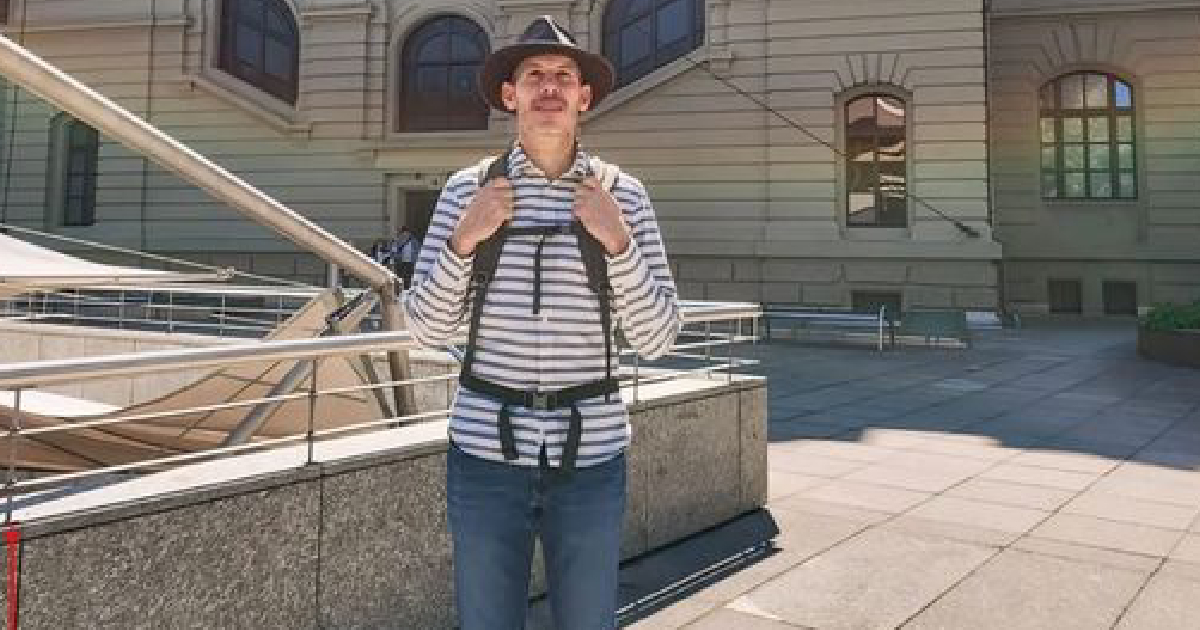Cuban scientist and activist Ariel Ruiz Urquiola has been granted a scholarship at the University of Bern in Switzerland to continue his academic pursuits, which were previously halted due to the oppression from the Cuban regime. “Dr. Ariel Ruiz Urquiola will once again serve as the Principal Investigator of the project ‘Phylogeographic Study on Taxa of the Sierra de los Órganos, Western Cuba’, with the collaboration of Cuban researchers who were part of this international scientific cooperation initiative between the University of Havana and the Museum of Natural History Berlin - Humboldt-Universität zu Berlin Institute of Evolution, from 2014 to 2016,” stated the Academic Freedom Observatory, which expressed delight at the news.
The announcement elaborated that Scholars at Risk (SAR) is a critical network in protecting scholars who face discrimination and whose research contributes significant scientific findings. The program includes 530 affiliated universities from 42 countries. “While SAR offers various forms of support, this particular option is highly competitive. Designed for PhDs, it assesses the importance of the findings in their respective research fields, hence the curriculum weight and scientific impact are crucial,” they explained.
This achievement by Ruiz Urquiola is seen as a validation of environmental activism in Cuba. His sister, Omara Ruiz Urquiola, who has also sought exile in the United States due to her political beliefs, expressed her happiness for her brother’s success, though she recalled the many hours of sadness and torture their family endured. “Today is a happy day for my family, but I cannot stop crying,” she said in a post where she listed many of the abuses experienced by her brother and their family.
In 2022, Ariel Ruiz Urquiola staged a hunger and thirst strike in front of the Office of the United Nations High Commissioner for Human Rights (OHCHR) in Geneva, Switzerland, demanding respect for the right of all Cubans to return to their country. He ended the strike several days later, following a statement from the Office of the High Commissioner for Human Rights of the United Nations (OHCHR).
